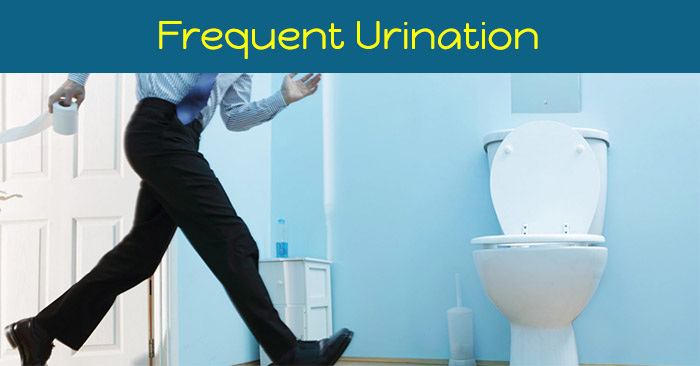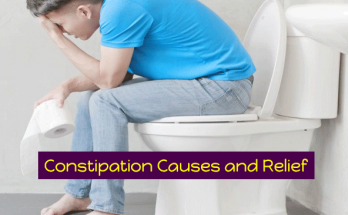Frequent urination refers to urinating more than normal per day. If there is an abnormal increase in the amount of urine one passes at a time, it is known as Polyuria. If a person regularly goes to the restroom to urinate 4-8 times a day but has recently been going for more times than the usual, it will be considered as frequent urination.
Nocturia is a form of frequent urination, but it only applies to a specific time of the whole day’s 24 hours, which is the night time. If any individual wakes up to urinate once normally at night but has recently been waking up quite more frequently, it will be considered as nocturia.
Frequent urination is not a disease but a symptom pointing to an underlying problem or condition. There are various normal physiological conditions in which urination frequency increases, along with a number of abnormal, pathological conditions and diseases.
Causes:
The most common causes of frequent urination include:
Urinary Tract Infection (UTI): UTIs are far more common than you think. One can easily contract UTIs, especially from frequently using public restrooms and not taking care of personal hygiene. Usually, there is a bacterial causative organism, which causes infection and inflammation of the bladder. Hence, this reduces the bladder’s capability to hold more urine.
Diabetes Mellitus (DM): The incidence of developing Diabetes Mellitus, an endocrine disorder, has fairly increased in the past few decades. In DM, excessive sugar buildup in the blood gets excreted via your kidneys, drawing out more fluids from your tissues along with it. This causes increased urinary frequency and increases thirst.
Pregnancy: Pregnancy is a normal physiological condition, in which the growing baby takes up more and more space, eventually putting a lot of pressure on the bladder. This leads to increased urinary frequency in pregnant women.
Diuretics: Diuretics are medicines which draw out excess water and fluids from your body by excreting it in the urine. These are prescribed in special conditions like Hypertension, Congestive Cardiac Failure, Liver disease, and even Kidney disease.
Stroke: A person who has experienced stroke may have nerve damage. If the damaged nerves are the ones controlling bladder function, it may lead to frequent urination and even urinary incontinence (which is uncontrolled urinary leakage).
Benign Prostate Hyperplasia (BPH): This condition is selective for males only as over time, with age, the prostate gland in a male, may increase in size, putting pressure on the bladder. This leads to increased urinary frequency and even incontinence.
Excessive use of Caffeine or Alcohol: Caffeinated drinks and alcohol tend to make people urinate more often as caffeine has a similar effect like that of a diuretic.
Anxiety: Anxiety is a fairly common cause of increased urinary frequency as well as people who get anxiety more often, tend to urinate more frequently.
Interstitial Cystitis: This is referred to inflammation of the bladder wall, which is a serious infection. It causes frequent urination too.
Bladder or Kidney Stones: Any bladder or kidney stones can also cause increased urinary frequency.
Pelvic Mass or Bladder Tumor: The large tumor size can have a mass effect on the bladder by putting more pressure, which increases the need to urinate more than usual per day.
Diagnosis:
If you are experiencing increased urinary frequency, visiting a doctor may be the best next step. A detailed history will be taken, including any kind of diuretics you may be taking. The following investigations are conducted:
- Urine analysis – to identify any infection or problem in the urine
- Kidney function tests – to identify any kidney disease
- Ultrasound or CT scan of the abdomen and pelvis, to visualize any kidney or bladder disease, including stones and tumors.
- Urine culture and sensitivity test – to identify the bacteria causing UTI.
- Neurological tests to identify nerve dysfunction.
- Urodynamic tests- to detect bladder function abnormalities.
Treatment:
- Reduce the consumption of caffeine or alcohol
- Increase water intake
- Treat the underlying cause – antibiotics for the infection.
- Surgical intervention for any tumors or masses
- Monitor and control Blood pressure and blood glucose levels.
- Ask your doctor to alter your medications if you have been taking heavy diuretics.
- Bladder training exercises, as advised by your doctor
- Increased personal hygiene and care.
Frequent urination is just a symptom and could be the cause of any underlying problem. If you are greatly troubled and the routine is getting seriously affected due to your worsening symptoms, you are advised to immediately visit your physician for a full checkup.




